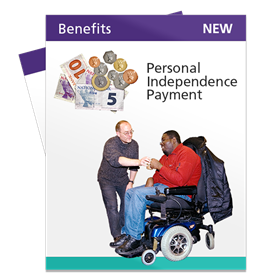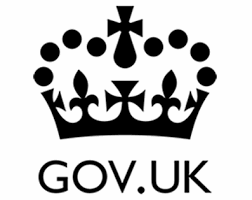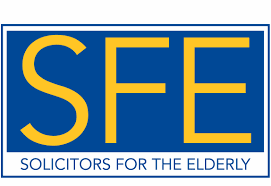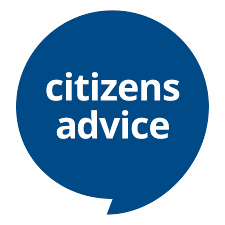Paying for your own social care (self-funding)

Funding your own care
You are a self-funder if you pay the full cost of your adult social care and support. This might be:
- care at home
- residential care

Paying the full cost of care
You pay the full cost if:
- you have more than £23,250 in savings, shares, or bonds
- you are not eligible for social care and support under the Care Act 2014
- you have not given us the information we need for a financial assessment

Independent advice
It is good to get independent legal or financial advice if you are planning to pay for your care.
Independent Financial Advisers (IFAs) can help. You are likely to pay for their advice.

Make sure you get the benefits you are entitled to
You can claim benefits for several reasons, including if you:
- have a long-term illness or disability
- care for someone
- are over pension age

Stay fit, active and safe
The average self-funder in Dorset pays over £850 a week for residential care.
We want to help you stay independent for as long as possible. This will help you remain at home for longer and will save you money.

Contact us if you need more support
Phone Dorset Council on 01305 221000.
In a crisis, we will try to prevent your situation from getting worse.
You may need an assessment of your care and support needs. We will talk about what is going well, and where you might need more help. We will write a support plan.

Think about alternatives to a care home
It is useful to have an assessment before you move into residential care. We may be able to suggest alternatives to a care home.
For example:
- extra-care housing
- supported living
- shared lives
Every care home is inspected by The Care Quality Commission (CQC). You can read care home inspection reports on the CQC website.

The value of your house can help with residential care
We will work out how much you must contribute toward the cost of your care. We will not take your home value into account if you own your house and if:
- your care is temporary
- your spouse, partner, or relative under 60 still lives there
If we take the value of your home into account, you can ask for a deferred payment agreement.
This is a loan from the council. The council will pay part of your care and support bills. This can last until your death, or you can use it for a shorter time and then sell your home when it is convenient.

Ask us for a financial assessment
It is good to get an assessment if your savings are below £23,250. Your assessment will give you a personal budget. This is the money you can use to pay for your care.

If your care home costs more than your personal budget
If your care home costs more than the amount in your personal budget, you will have to either:
- move to a cheaper home
- ask someone to pay the difference called a top-up payment
A family member can pay the top-up amount. If the person stops paying the top-up, you may have to move to a cheaper care home.
If there are no affordable care homes, you will not have to pay the top-up.

Make a lasting power of attorney
A lasting power of attorney (LPA) means you can choose one or more than one person to make decisions for you if you are unable to make your own decisions in the future.
The best time to arrange a lasting power of attorney is before you need it.
There are two types of LPA:
- health and welfare
- property and finances
Find more about arranging a lasting power of attorney on GOV.UK

Organisations who can help
Dorset Council
Our adult care directory provides a range of information about local services and opportunities.
For example:
- support groups
- activities
- equipment to help you stay independent
- meals delivered to your home
You can also call us on 01305 221000.

Get help from Money Advice Service
Phone: 0800 138 7777
Type talk: 18001 0800 915 4622

Contact Solicitors for the Elderly
Solicitors for the Elderly (SFE) are a specialist group of qualified and regulated lawyers who support older and vulnerable people.

Contact Citizens Advice
Citizens Advice is a network of charities that offers free, confidential advice about many kinds of problems. The advice is provided online, over the phone and in person.
Phone: 03444 111 444

The Society of Later Life Advisers
The Society of Later Life Advisers helps people to find trusted, accredited financial advisers who understand the plans people need to make for their retirement years.
Phone: 0333 2020 454

Which? Later Life Care
Which? Later Life Care provides independent information to help people make care choices. Find more information on Which? website.

Independent Age
Independent Age is a charity that provides free and impartial advice about care and support, money and benefits, and health and mobility.
Phone: 0800 319 6789 or 020 7605 4200
Email: charity@independentage.org
